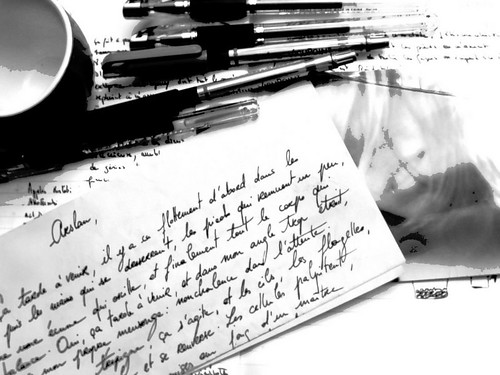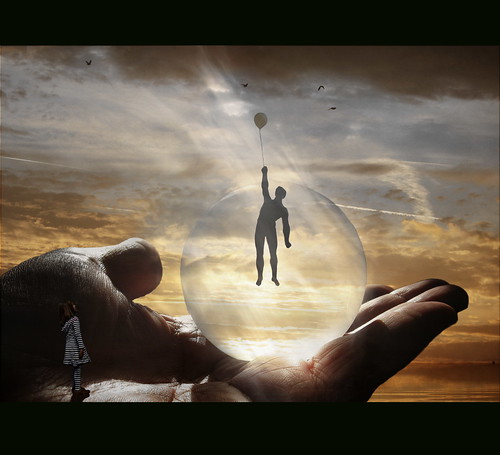Writing, even academic writing, requires creative energy. As writers, we have to be mindful of protecting and nourishing our creative energies. If not, we risk burnout and serious drops in productivity. Writing well requires practice, but also knowing when to stop.

A few months ago, a friend called me up and said, “Tanya, today, when I was on the treadmill at the gym, I had this fabulous idea!” Does that resonate with you? Do you often have great ideas for writing projects when you are not writing or trying to write? I certainly do.
In fact, this has happened to me so many times recently that I feel compelled to write about it on this blog.
I spent the winter break in Hawai’i, and made a point of walking along the beach every day. I had one of the most important epiphanies about my book project during one of those long beach walks. Here’s what happened. I woke up early and listened to the recording of an amazing oral history of Mateo – one of the deportees in Guatemala whom I had interviewed. As I listened to Mateo’s interview, I became enthralled with the richness of his story. I realized that this was the kind of rich data I was looking for. Not every interviewee has the trust or narrative ability to tell this kind of narrative, but Mateo did. I was particularly struck by his story of how he left Guatemala at the age of ten – alone! – to travel through Mexico and eventually to the United States. As I listened, I recalled other border-crossing narratives and thought to myself that it would be awesome to put Mateo’s story with others. After lunch, while walking along the beach, it became clear to me how I could put those narratives together into a chapter. I then had another epiphany – this one about how I could frame my book on deportees.
I have been struggling for months over how I want to frame the book, and, while walking along the beach, it became clear to me that I could structure the book as a narrative about the migration journey, using different stories to fill in the pieces. It sounds simple, but it was huge to me to finally be able to see how I could structure the book. Without a big idea, I felt stuck in the project.
The point is: the idea came to me when I was not writing, when I was walking along the beach. Since then, I have worked out two other minor writing challenges during my daily walks. These situations have taught me two important lessons:
- It is important to make space in each day for reflection. Creativity is much less likely to happen if we don’t open up the space for it.
- Creativity happens when we are engaged with our projects on a daily basis. The ideas occurred to me when I was not writing or attempting to write, but they happened after I had spent time working on the projects.
 |
| One of the beautiful beaches in Hawai'i where I walked, and reflected |
For me, walking is an obvious way to build time for reflection into my life. What about you? How and when do you find time for reflection?



